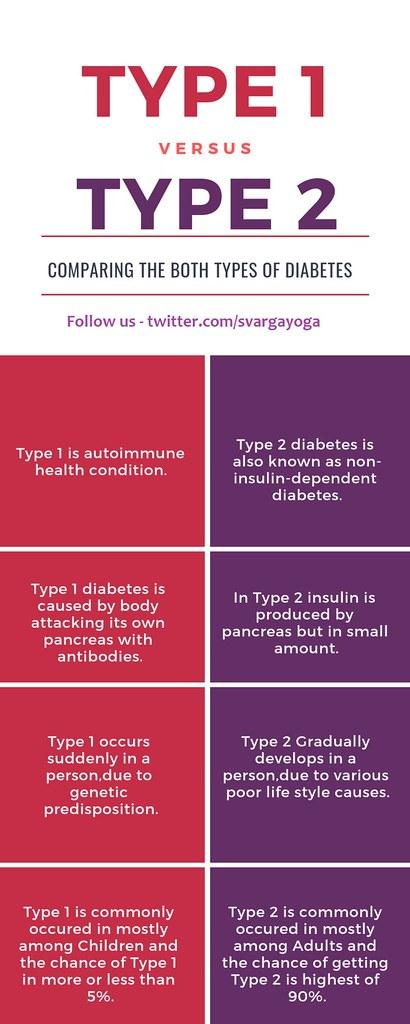
Uncovering the Early Signs of Type 1 Diabetes: What to Watch For
Type 1 diabetes is a chronic autoimmune condition in which the body’s immune system attacks and destroys the insulin-producing cells in the pancreas. This leads to a lack of insulin, a hormone that helps regulate blood sugar levels. Without enough insulin, blood sugar levels can become dangerously high, leading to a variety of complications.
Diagnosing type 1 diabetes early is crucial in order to prevent serious complications from developing. Here, we will discuss the early signs of type 1 diabetes and what to watch for in order to catch it as soon as possible.
Frequent Urination and Extreme Thirst
One of the most common early signs of type 1 diabetes is frequent urination and extreme thirst. When blood sugar levels are high, the kidneys try to remove the excess sugar from the body by excreting it in urine. This leads to increased urine production and frequent trips to the bathroom. As a result, the body becomes dehydrated and the individual experiences extreme thirst as a result.
Unexplained Weight Loss
Another early sign of type 1 diabetes is unexplained weight loss. When the body lacks insulin, it is unable to properly utilize glucose for energy. This leads to the body breaking down muscle and fat for energy, resulting in weight loss despite normal eating habits.
Extreme Fatigue
People with type 1 diabetes often experience extreme fatigue as a result of their body’s inability to properly utilize glucose for energy. This can make it difficult to perform daily tasks and can impact overall quality of life.
Blurred Vision
High blood sugar levels can cause the lens of the eye to swell, leading to blurred vision. This symptom typically resolves once blood sugar levels are brought under control, but it can be a sign of undiagnosed diabetes.
Slow-Healing Wounds
People with type 1 diabetes may notice that cuts and bruises take longer than usual to heal. This is due to the body’s impaired ability to repair damaged tissues when blood sugar levels are high.
Fruity Breath
A condition known as diabetic ketoacidosis can occur in people with untreated type 1 diabetes. This occurs when the body breaks down fat for energy instead of glucose, leading to the production of ketones. Ketones can build up in the blood and urine, leading to a fruity odor on the breath. This is a serious condition that requires immediate medical attention.
Mood Changes
Fluctuations in blood sugar levels can impact mood and lead to mood swings, irritability, and difficulty concentrating. These symptoms can be especially pronounced in children with type 1 diabetes.
If you or a loved one are experiencing any of these symptoms, it is important to see a healthcare provider for further evaluation. Blood tests can help determine if diabetes is the cause of these symptoms, and early diagnosis can help prevent serious complications from developing.
Preventing Type 1 Diabetes
While type 1 diabetes cannot be prevented, there are steps that can be taken to manage the condition and minimize complications. This includes monitoring blood sugar levels, taking insulin as prescribed, following a healthy diet, exercising regularly, and attending regular check-ups with a healthcare provider.
It is also important to educate yourself and loved ones about the signs and symptoms of type 1 diabetes in order to catch it early. With proper management, people with type 1 diabetes can live full and productive lives.
In conclusion, type 1 diabetes is a chronic condition that requires ongoing management. Recognizing the early signs of type 1 diabetes is crucial in order to prevent serious complications from developing. If you or a loved one are experiencing any of the symptoms mentioned above, it is important to seek medical attention promptly. By staying informed and proactive, individuals with type 1 diabetes can lead healthy and fulfilling lives.

















